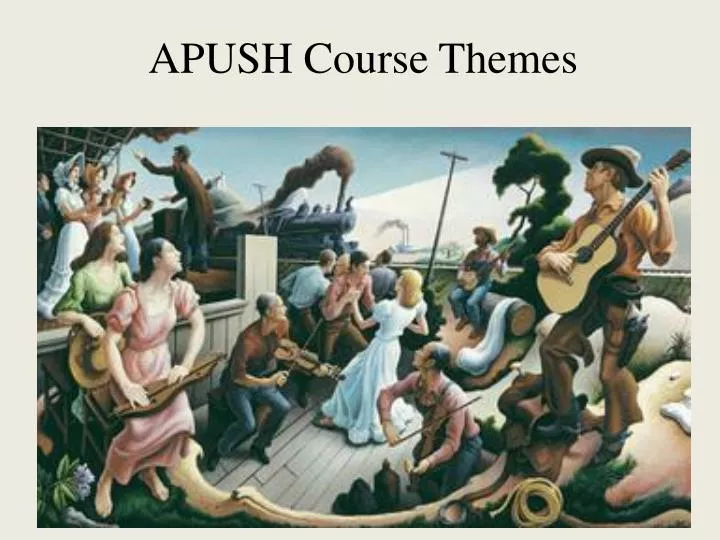
Additionally, some students have simply submitted copies of their peers’ typed notes for credit. However, many websites offer troves of abridged chapter notes, which students can copy and paste rather than read the book. Students welcomed this freedom, since typing roughly eight pages of notes per week is generally much faster than writing them out. In years past, APUSH students have been allowed to either type or handwrite their notes. Infamous for its depth and rigor, the class provides a challenge to most students. Around 40 pages are assigned per week, and students must manage their time well enough to be able to turn them in the following Monday. History (APUSH) is a fast-paced, intense course known for its consistent homework notes. However, he gave his Inaugural Address on a cold, rainy day and neglected to wear a warm coat. His “Tippecanoe and Tyler, too” ticket easily defeated Van Buren in 1840. A hero of the War of 1812, specifically the Battle of Tippecanoe, his lively campaign saw the Whigs cart model log cabins to towns and distribute hard cider to boast of Harrison’s “poor” background. Served from March 4 to April 4, 1841, famously dying after 31 days in office.

Van Buren was the first president to be born a U.S. The Panic of 1837 dogged his administration. Van Buren’s presidency was marred by an economic depression resulting from the policies of his predecessor, Andrew Jackson. Women also began to take on new roles outside of homemaking and childcare, such as repairing wagon wheels and tending to livestock. While living on the trail, some women began to run prayer meetings and schools to maintain some vestiges of home. Families traveled up to six months in caravans, covering only about 15 miles per day with good weather. Oregon Trail: Throughout the 1840s, a flood of settlers began traversing the dangerous Oregon Trail.expansion into the Southwest following the Mexican-American War. It also describes a more general expansionism, such as the dispute over the Oregon Territory that Polk campaign on and the U.S. Manifest Destiny: Coined by journalist John O’Sullivan in 1845 to describe the belief that it was God’s will for the United States to expand westward to the Pacific Ocean.

Despite these efforts, African Americans faced great hardships in gaining equal rights and employment.

Americans enthusiastically supported Western expansion in hopes of finding new economic opportunities.


 0 kommentar(er)
0 kommentar(er)
